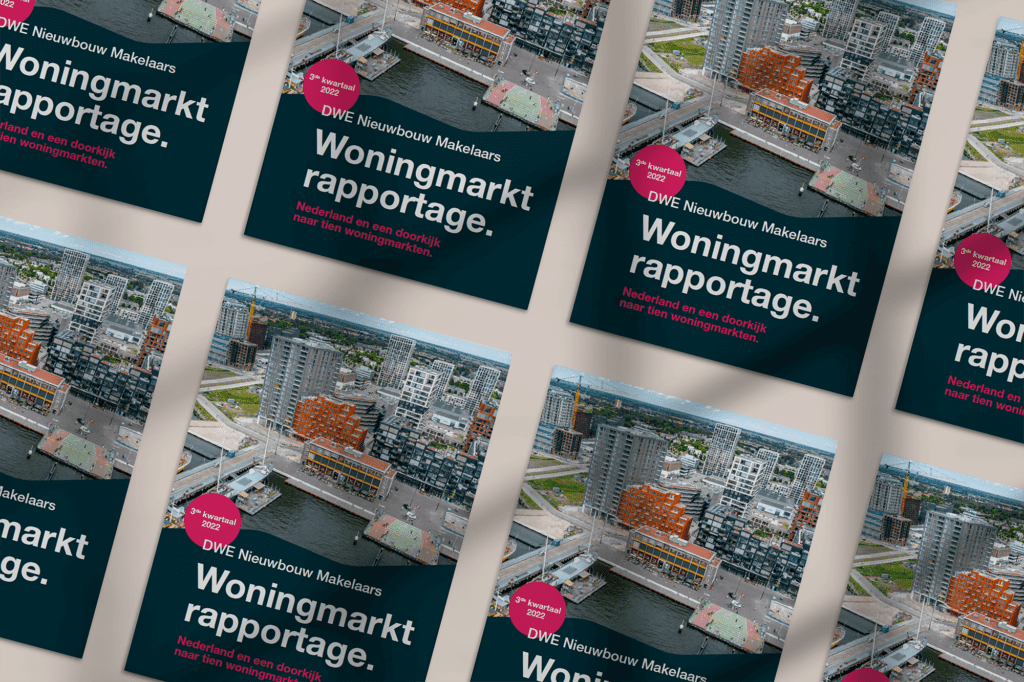
Verhoog jouw ontwikkelrendement door unieke inzichten
FRIS Research beschikt over unieke data van de woningmarkt en vooruitstrevende AI en Big Data tools. Dit wordt aangevuld met ruim 100 jaar kennis en ervaring in de woningmarkt van Groot-Amsterdam en de Zaanstreek. Zo verzekeren we onze klanten van een strategische kennisvoorsprong en objectieve toetsing in de vastgoedmarkt. Dit zorgt voor goed onderbouwde keuzes en uiteindelijk een hoger ontwikkelrendement voor onze klanten. En zo verdienen we onszelf aantoonbaar weer terug.
Unieke woningbouw dataset
Door het opbouwen van ons interne kenniscentrum beschikken we over slimme inzichten in de regio:
- Metropoolregio Amsterdam
- Haaglanden
- Zaanstreek
- Flevopolder
- Rotterdam
- Utrecht


Onderbouwde marktanalyses en doortastende adviezen
Onze database bestaat uit koop- en huurtransacties en uitgebreide nieuwbouwgegevens, waarmee wij referentieprojecten tot in detail kunnen analyseren. Op basis van deze dataset leveren wij onderbouwde marktanalyses en doortastende adviezen aan particuliere-, publieke- en zakelijke klanten in de vastgoedmarkt.
Succesvolle nieuwbouwverkoop of -verhuur
Samenwerken doen we graag, zowel intern als extern. Als het gaat om nieuwbouwprojecten bundelen we bijvoorbeeld de krachten met DWE Nieuwbouw Makelaars. Door het samenvoegen van kennis en ervaring vergroten we de kansen op succes voor professionele opdrachtgevers, zoals projectontwikkelaars en beleggers. En dát is waar we het voor doen.
Onze kracht op het gebied van onderzoek en advies ligt in het schrijven van onderzoeksrapporten, quick scans en advies over koop- en huurprijzen.
